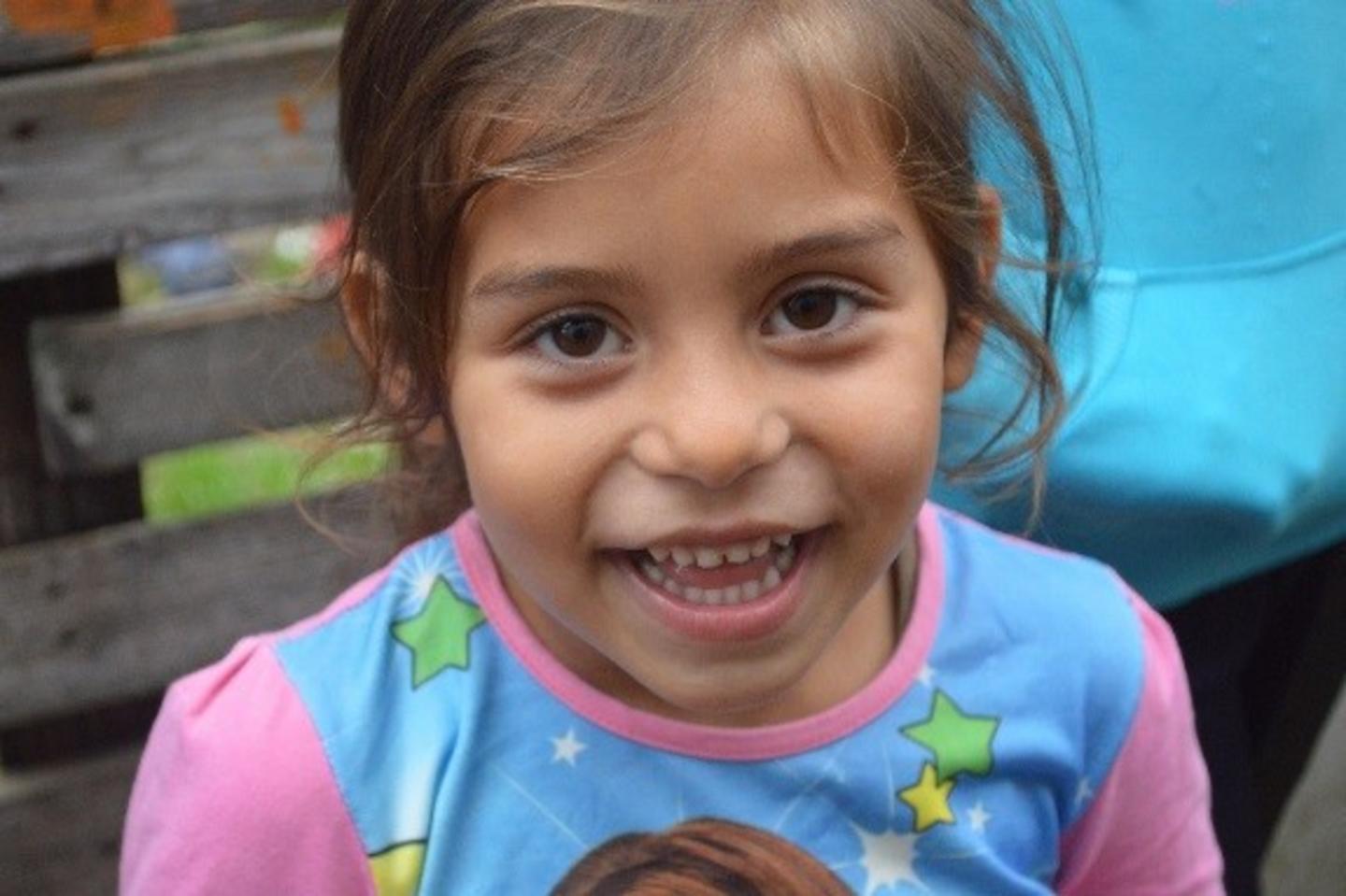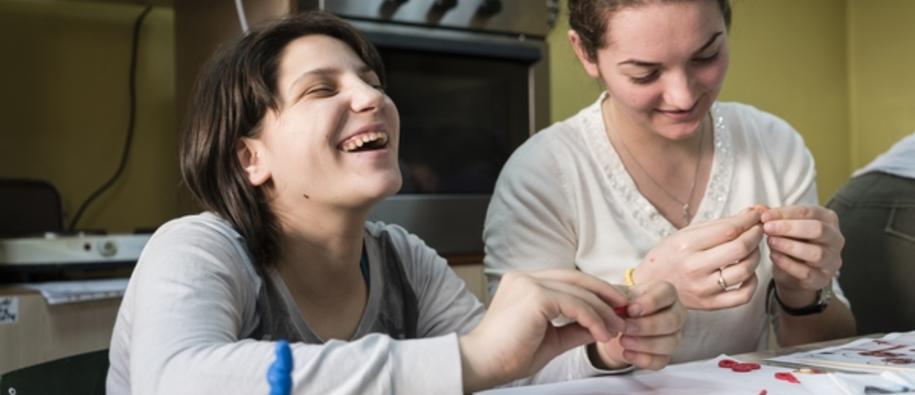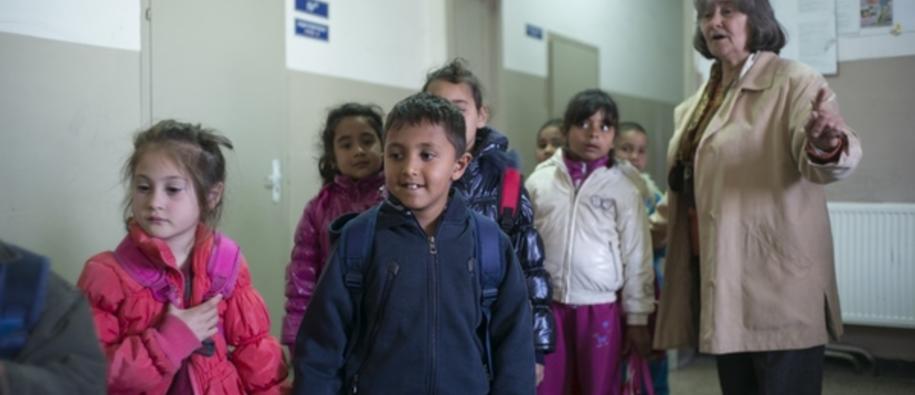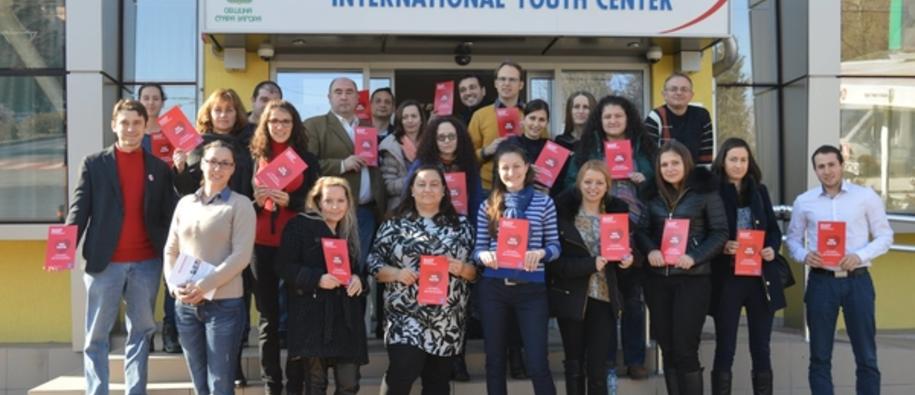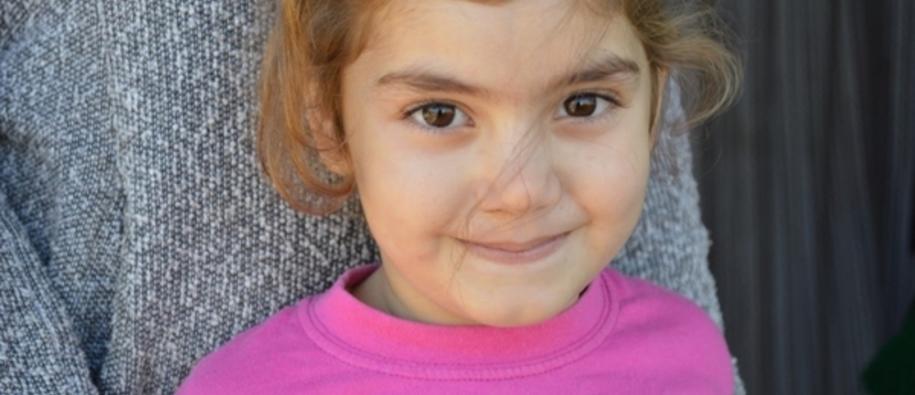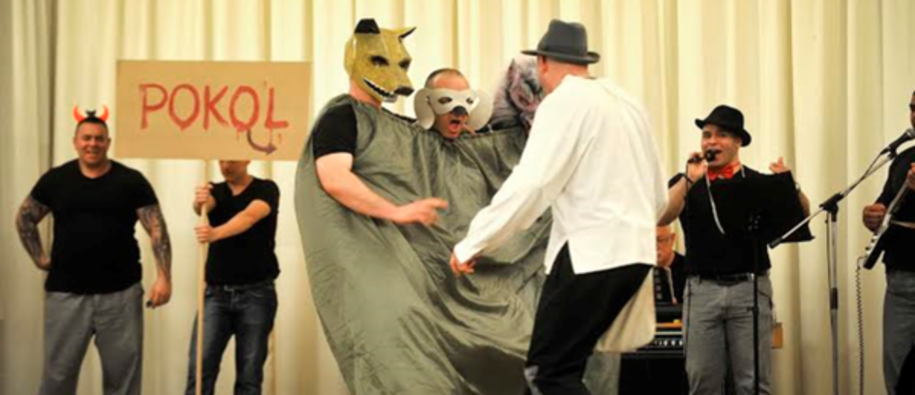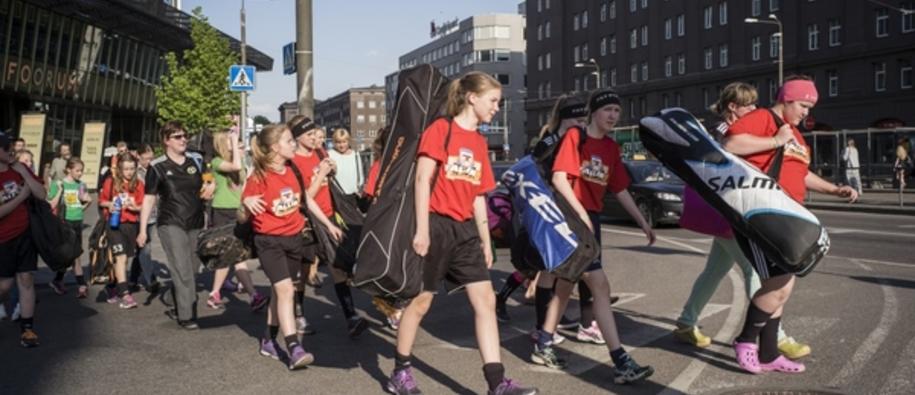Today marks Universal Children’s Day – a day observed worldwide to highlight the wellbeing of children. Despite progress made over the last decades, over one out of four children in the EU are still at risk of poverty and social exclusion.[1] In order to contribute to lowering that number, Iceland, Liechtenstein and Norway provide funding to programmes supporting children and youth at risk in six countries – Bulgaria, Cyprus, the Czech Republic, Estonia, Lithuania and Romania.
In these programmes, special attention is devoted to supporting children from vulnerable backgrounds who are at risk of missing out on opportunities in life. This is done by enhancing the quality of children welfare and protection systems, improving children’s access to health and social care services, and through initiatives aimed at supporting school attendance and preschool day-care.
In addition to these programmes, the well-being of children is also a focus in other areas supported through the Grants, such as the public health and civil society programmes.
Below are snapshots from the various EEA and Norway Grants projects providing support to children and youth in EuropeBuilding bridges by working together
In Romania, an EEA Grants project aims to break social isolation at an early stage by connecting visually impaired children with their sighted peers – all the while giving them the opportunity to learn valuable skills, such as cooking and crafts. To date, 100 children have benefitted from the project.
A Good start for Roma Children
With new classrooms and energising meals served in a new canteen, the capacity of the pre-school programme in Sofia’s largest Roma neighbourhood has been expanded. The school has 1100 students, over 90 percent of them are Roma.
Empowering Youth in Bulgaria
Supported through the EEA Grants, the Youth Centre in Stara Zagora offers human rights education and leadership training to disadvantaged youth in Bulgaria. Among the people working at the centre are trained Roma mediators that work to improve the position of Roma people in Bulgaria. The centre was recently awarded the Council of Europe’s Quality Label Award for its work.
Investing in Children
“I am looking forward to play and to meet my best friend. When I grow up, I want to become a great teacher like my teacher Carmen. She teaches me poems, and I know some letters.”
Daniela (5), is one of the children benefitting from an EEA Grants project in Romania. The project aims to increase preschool attendance among vulnerable children by handing out food coupons to the parents.
Reducing Stigma through Acting
In Hungary, children of incarcerated parents are receiving support aiming to overcome stigma and facilitate family contact. The project unites children with their fathers in prison, and facilitates prison visits where the children are encouraged to participate in organised activities such as drawing, singing and playing. Over 100 children have now received support through the project.
Easier Access to Mental Health Services
Estonia is reaching young people with mental-health issues through dedicated websites and apps. The Norway Grants project aims to raise awareness and reduce the stigma associated with mental-health problems, and make professional help more accessible for young people.
Read more about the ‘Children and Youth at Risk’ programmes
[1] http://ec.europa.eu/eurostat/statistics-explained/index.php/Children_at_risk_of_poverty_or_social_exclusion
